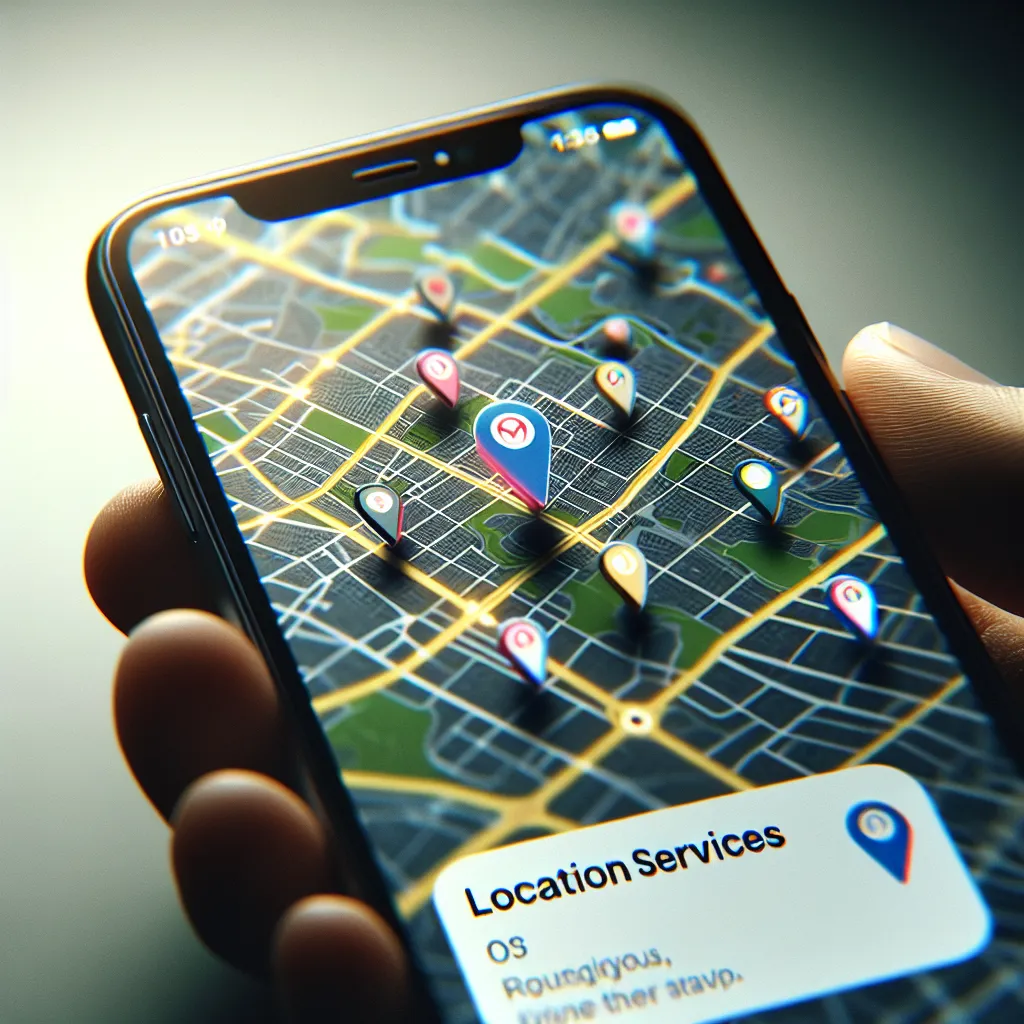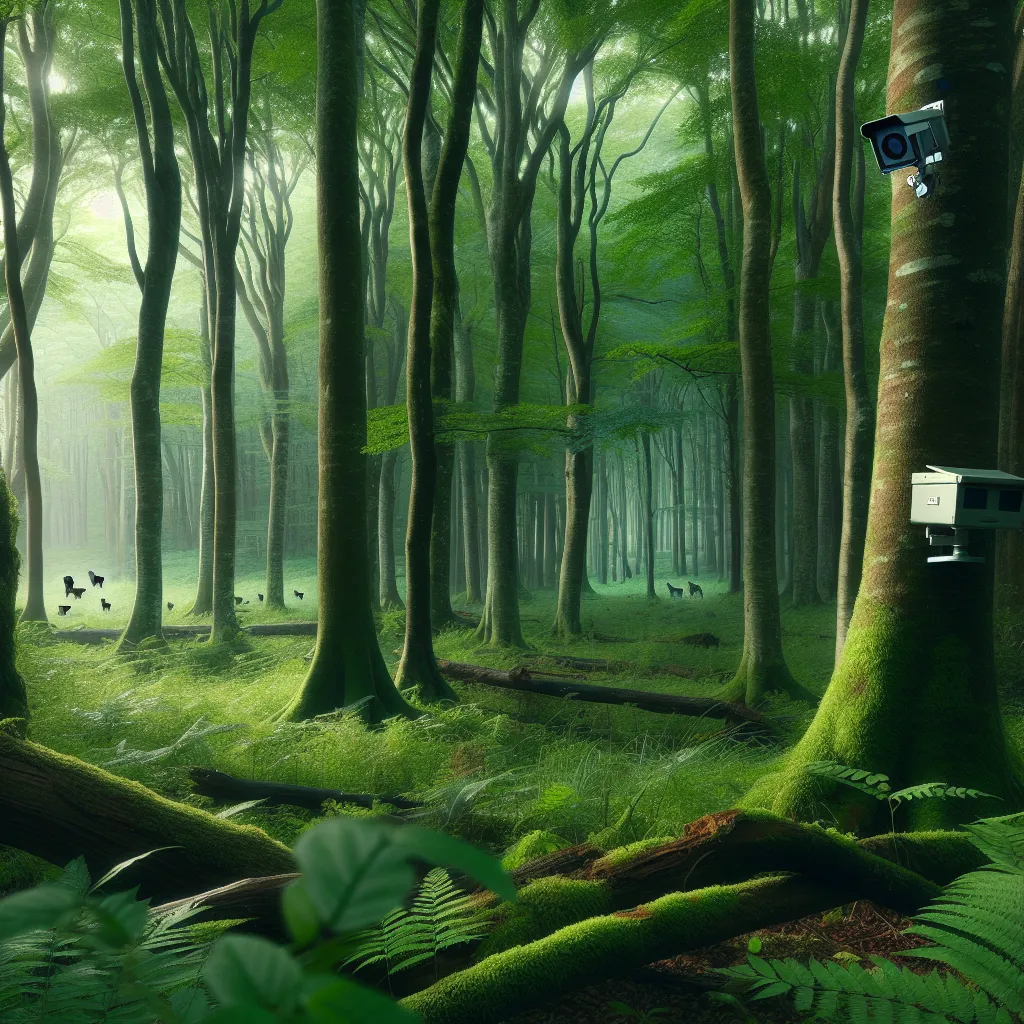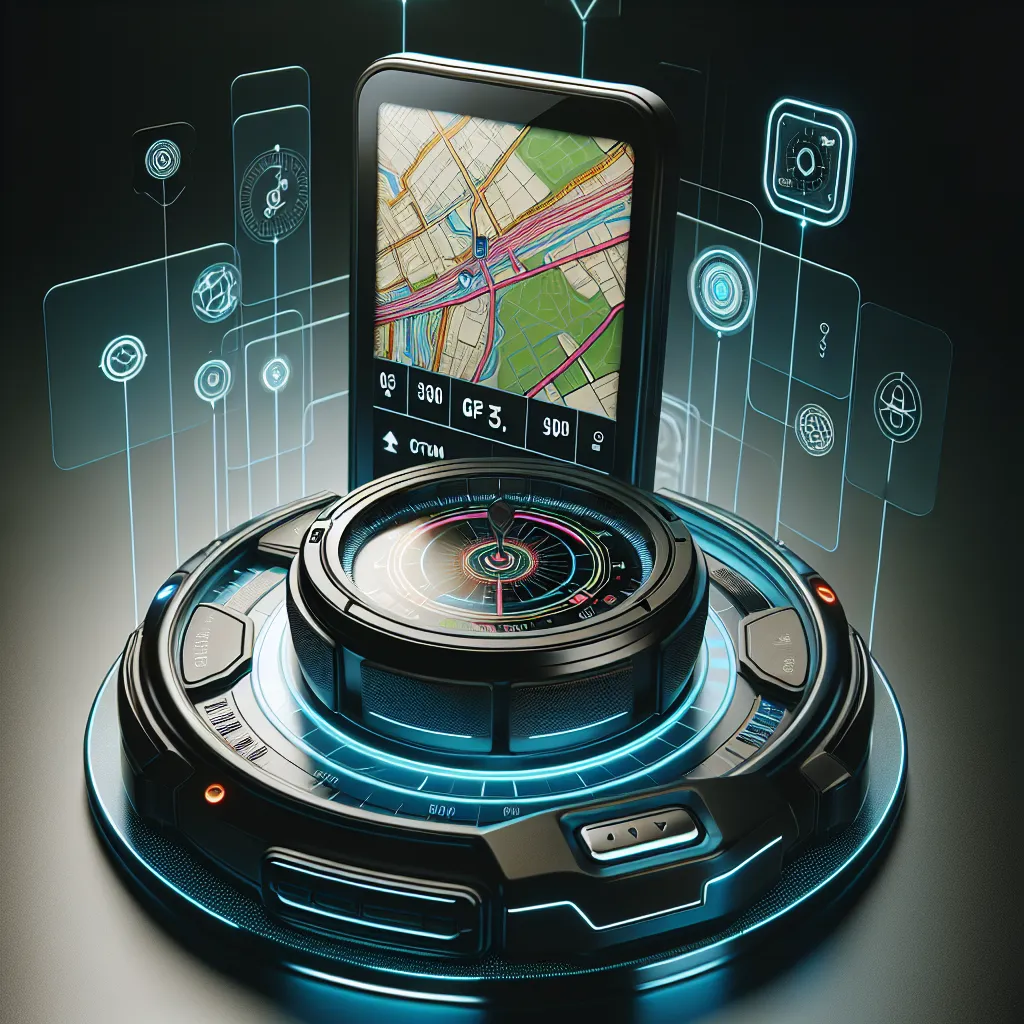The History of Tracking Technology: From Ancient Methods to Modern Solutions
In the fascinating evolution of tracking technology, we can trace its origins back to the ancient methods employed by early human civilizations. From using physical markers and footprints to keeping records of transactions, the need to track and trace has been an integral part of human history. The earliest known form of tracking technology can be attributed to the use of notches and carvings on bones and rocks for counting and recording information. In ancient times, various forms of tracking were also employed for navigation at sea, agriculture, and hunting.
As we fast forward to the modern digital age, tracking technology has significantly advanced, leveraging the power of digital devices and sophisticated software solutions. The development of GPS technology revolutionized tracking by enabling precise location tracking using satellite signals. This innovation has had a profound impact on various industries, including transportation, logistics, and outdoor recreation.
Moreover, the integration of RFID (Radio Frequency Identification) and NFC (Near Field Communication) technologies has expanded the capabilities of tracking to the next level. These technologies are widely used for inventory management, asset tracking, contactless payments, and access control systems.
In the realm of e-commerce and digital marketing, tracking technology plays a pivotal role in analyzing consumer behavior and engagement. The utilization of cookies, pixels, and other tracking mechanisms enables businesses to gather valuable data for optimizing user experience and targeting relevant audiences.
In conclusion, the evolution of tracking technology from ancient methods to modern solutions reflects a remarkable journey of innovation and technological advancements. As we continue to embrace the digital era, it is certain that tracking technology will further evolve to meet the dynamic needs of society and industry.
Advancements in Digital Tracking: From GPS to RFID
The evolution of tracking technology in the digital age has greatly advanced, particularly in the realm of GPS and RFID systems. GPS, or Global Positioning System, was initially developed for military use and has since become an integral part of everyday life. This technology allows for accurate location tracking using satellites, enabling applications such as mapping, navigation, and fleet management. On the other hand, RFID (Radio Frequency Identification) technology has revolutionized tracking and identification processes by using radio waves to identify and track tags attached to objects. From inventory management to contactless payment systems, RFID has significantly streamlined various operations. As the digital age progresses, these tracking technologies continue to evolve, offering more precise and efficient solutions for a wide range of industries.
Privacy Concerns and Ethical Considerations in Tracking Technology
As tracking technology evolves in the digital age, concerns about privacy and ethical considerations have become increasingly prominent. The ability to track individuals’ online activities, location, and behavior raises important questions about the balance between technological advancement and personal privacy.
One of the key privacy concerns associated with tracking technology is the potential for unauthorized access to personal data. As tracking mechanisms become more sophisticated, there is a growing risk of data breaches and misuse of sensitive information. This has led to a debate about the ethical implications of collecting and utilizing personal data for tracking purposes.
Furthermore, the impact of targeted advertising and personalized content delivery based on tracking data has sparked discussions about the boundaries of ethical marketing practices. While some argue that targeted advertising improves user experience, others raise concerns about the manipulation of consumer behavior and the potential exploitation of personal information.
In response to these privacy and ethical challenges, regulatory bodies and industry stakeholders have begun to develop guidelines and standards for responsible tracking technology usage. Initiatives focused on transparency, consent, and data security aim to address some of the ethical concerns associated with tracking technology.
As tracking technology continues to advance, it is crucial for businesses and individuals to consider the implications for privacy and ethical practices. Striking a balance between leveraging tracking technology for innovation and respecting privacy rights will be essential for navigating the complexities of the digital era.




